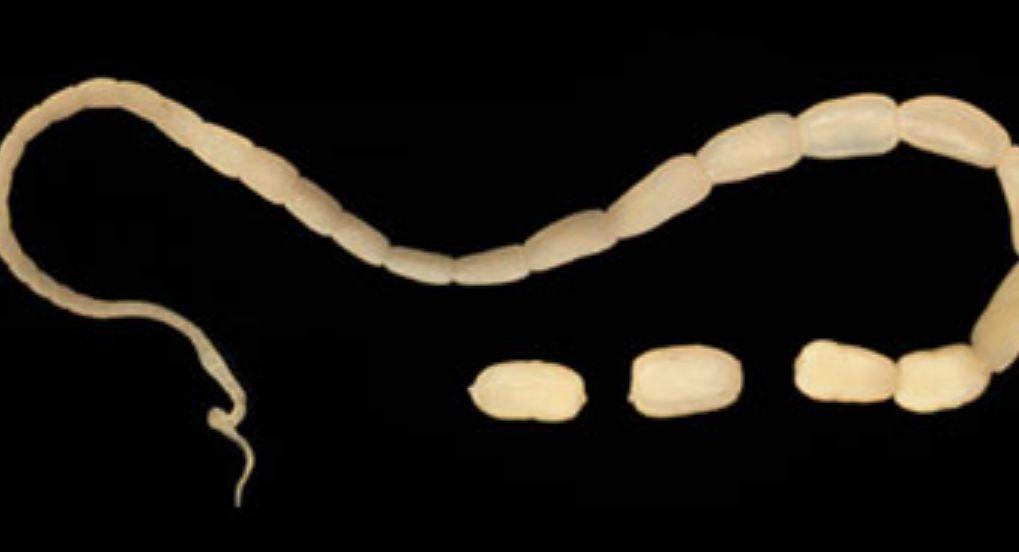Pritha Paul
A Florida man recently had a brain-eating parasitic pork tapeworm removed from his eyeball that threatened to turn him blind.

A Florida man recently had a brain-eating parasitic pork tapeworm removed from his eyeball that threatened to turn him blind.